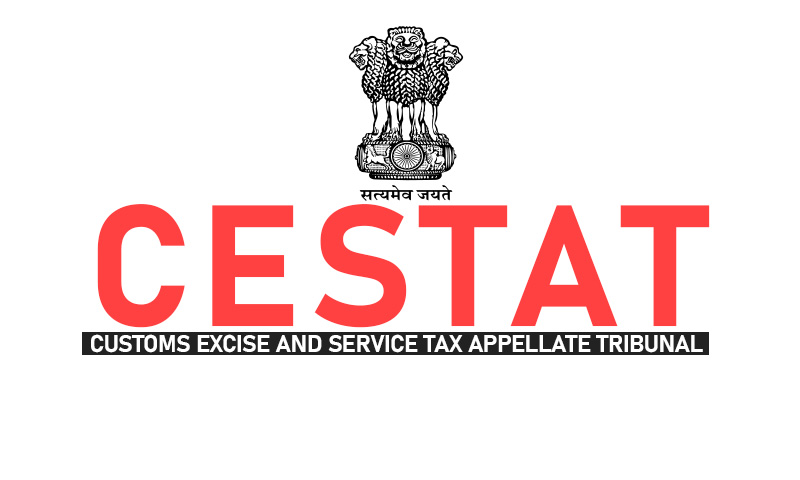Liquidated Damages Does Not Attract Service Tax: CESTAT Hyderabad
Parina Katyal
10 May 2022 11:00 AM IST

Next Story
10 May 2022 11:00 AM IST
The Hyderabad Bench of the Customs, Excise and Service Tax Appellate Tribunal (CESTAT) has ruled that receipt of liquidated damages by the service provider for breach of conditions under an agreement to provide services would not attract Service Tax. The Bench, consisting of members P.K. Choudhary (Judicial Member) and P.V. Subba Rao (Technical Member), held that claim...
